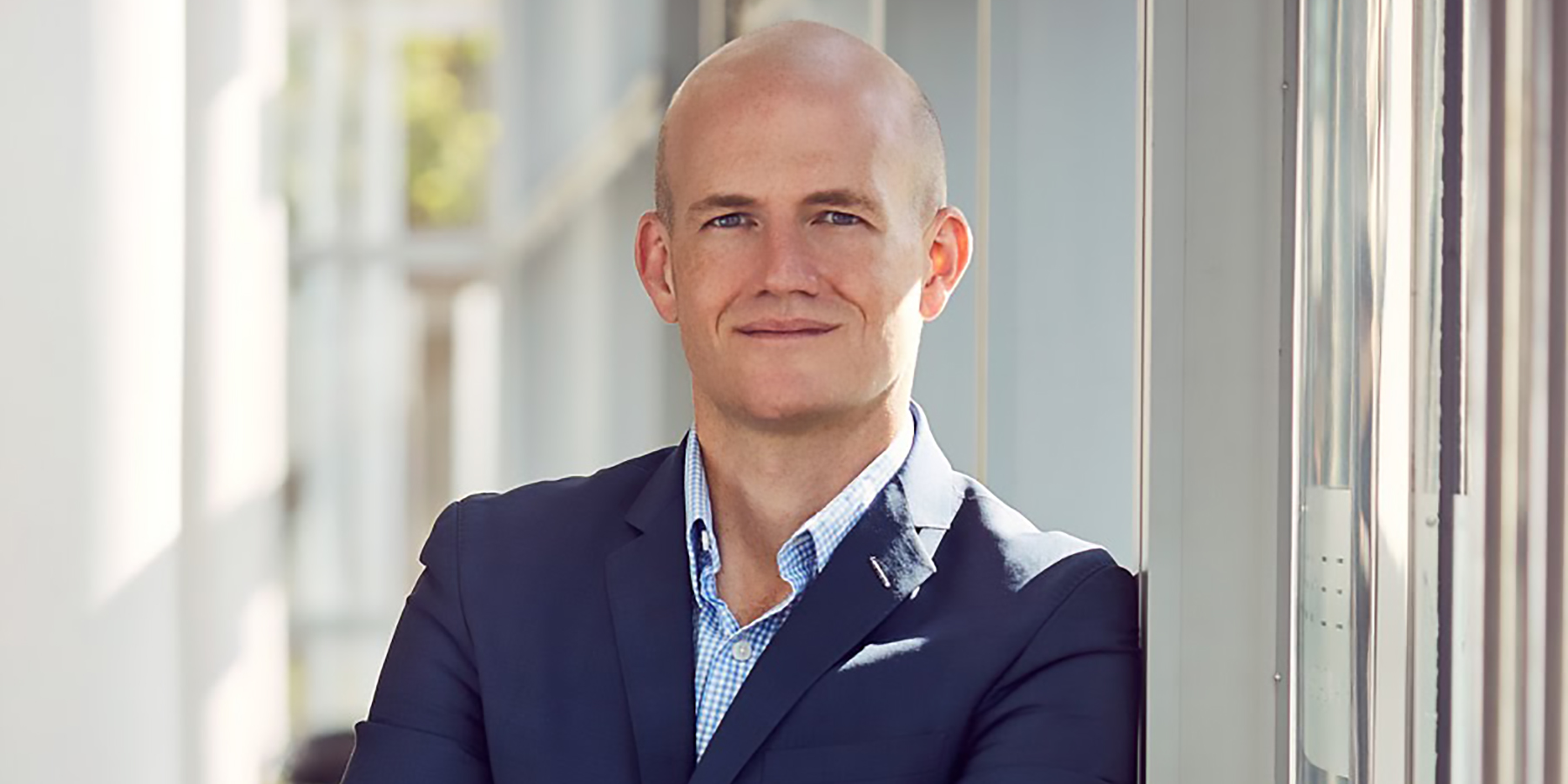From the CEO’s Desk Newsletter

BlocPower Comes to the East Bay
EBCE has a new partnership with BlocPower, a company using new data and program delivery approaches to make healthy, electric homes accessible to all.
Photo: BlocPower
EBCE is launching a first of its kind partnership with the innovative climate technology company BlocPower to electrify homes across the East Bay.
BlocPower, a Brooklyn company founded in 2014 and led by Donnel Baird, does “electrification-as-a-service,” converting homes in low and moderate-income communities to high-efficiency, all-electric appliances using innovative analysis and financing in the form of a 10-15 year lease.
“We’re excited to be working with one of the veritable superstars of clean energy innovation,” said EBCE CEO Nick Chaset.
EBCE will be providing $1 million in low cost debt and $400,000 in customer grants to help make clean energy and home improvements accessible to around 60 low and moderate income customers. Eligible customers can earn up to 120% of Area Median Income (AMI), with higher incentives for those that earn less than 80%. Since the loan is an investment, EBCE anticipates earning $500,000 in interest payments over a 15-year period, money that will be reinvested into local programs.
BlocPower will use local contractors, led by Revalue.io, to install electric heat pumps and water heaters, efficient lighting, and potentially even solar and batteries.
BlocPower serves as a one-stop solution for building owners, or as they put it “a steward of the customer experience.”
“BlocPower makes buildings greener, smarter, and healthier,” says Baird. “We want to take buildings 100% off of fossil fuels.”
Source: BlocPower
New Kid on the Bloc
While building performance is a well-established industry, BlocPower is applying a number of innovations to make it work for low-income households and building owners with low-income tenants.
BlocPower has developed proprietary software that looks at publicly available data on building specifications, and combines it with energy bills and data from sensors placed in the building that track temperature, humidity, and air quality. The software allows BlocPower to develop an engineering plan and evaluate the costs and savings very quickly. This plan is then used to secure the financing needed to cover the retrofit costs, typically ranging from $10,000 to $40,000 per home. Customers sign a 15-year lease and use savings from reduced utility bills to repay the retrofit costs.
BlocPower offers financing on terms that work for low-income customers, including a no-money-down option, a holistic approach to credit ratings, no lien placed on the home, and additional capital for necessary home repairs. They monitor the system and provide maintenance and equipment guarantees for the full term of the lease. At the end of the term, the customer can purchase the equipment at a low cost, renew the lease, or remove the equipment.
The company has completed 1,200 building retrofits to date in the New York City area, upgrading more than 10,000 individual apartments. They recently announced a collaboration with Ithaca, New York, to electrify every building in the city -- over 6,000 homes and buildings -- by 2030. Achieving that goal would cut about 40% of the city’s overall carbon footprint.
The company has a strong social mission as well, winning a New York City Mayor’s Office of Criminal Justice contract to train and hire over 1,000 community members facing a high risk of gun violence.
Coming Out West
BlocPower has been doing a pilot project with nine buildings in Oakland. An analysis found that installation costs averaged $35,000 for the buildings, including changing at least one major appliance with an efficient electric version, energy efficiency measures like lighting and insulation, and additional building upgrades like service panel replacements, new windows or doors, plumbing, and new appliances.
Electrification doesn’t always lower bills. Two of the nine Oakland projects saw savings in monthly costs (counting the lease and bill impacts), while most saw a net increase in monthly expenses of $55 to $100. But this comprehensive approach to building upgrades helps homeowners to invest in health and safety improvements as well as energy efficiency and electrification, improving the value, comfort, and livability of their homes.
Grace Park-Bradbury of BlocPower points out that many of these benefits are not valued by energy incentives. For example, electric cooktops eliminate indoor air pollution from gas stoves, which can exacerbate asthma. And as heat waves become more common in a warming world, the fact that heat pumps can be used for both heating and cooling will reduce risk for elderly residents.
Because BlocPower needs internet service in buildings to monitor their buildings and equipment, they launched a Wi-Fi business last year to provide low-income neighborhoods with free internet service.
“We are creating a lot of values that are not compensated, like health and safety,” she points out.
Incentives for electrification in California are on the rise, as state regulators open up energy efficiency funds and greenhouse gas auction revenues to pay for fuel-switching from gas to electric appliances. These could help make the bill impacts of electrification pencil out.
A Rising Star
BlocPower has become a rising star in the green energy space, as well as in the energy justice world. The company has raised about $100 million so far, including $8 million in investments from some of the country’s top names in venture capital and a $55 million loan from Goldman Sachs to finance retrofit projects.
They are currently offering “crowd-financing” options, where individual investors can earn a return of 5.5% by buying a “climate impact note” of $100 or more.
In December, BlocPower was awarded a $5.5 million grant from the Bezos Earth Fund, the charitable foundation of Amazon founder Jeff Bezos. The company plans to use the funds to add 125 million buildings and additional cities to its BlocMaps software database, which identifies buildings in need of energy efficiency upgrades and helps building owners learn how to electrify and decarbonize properties.